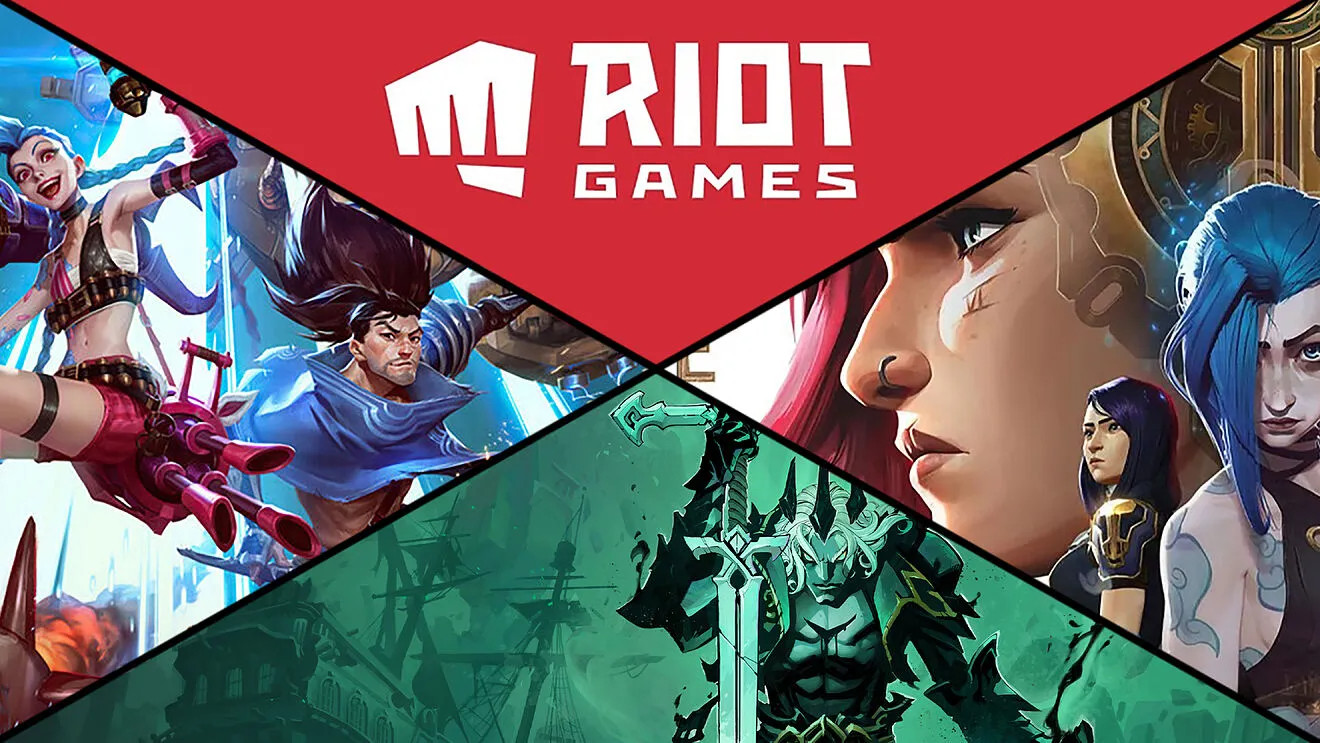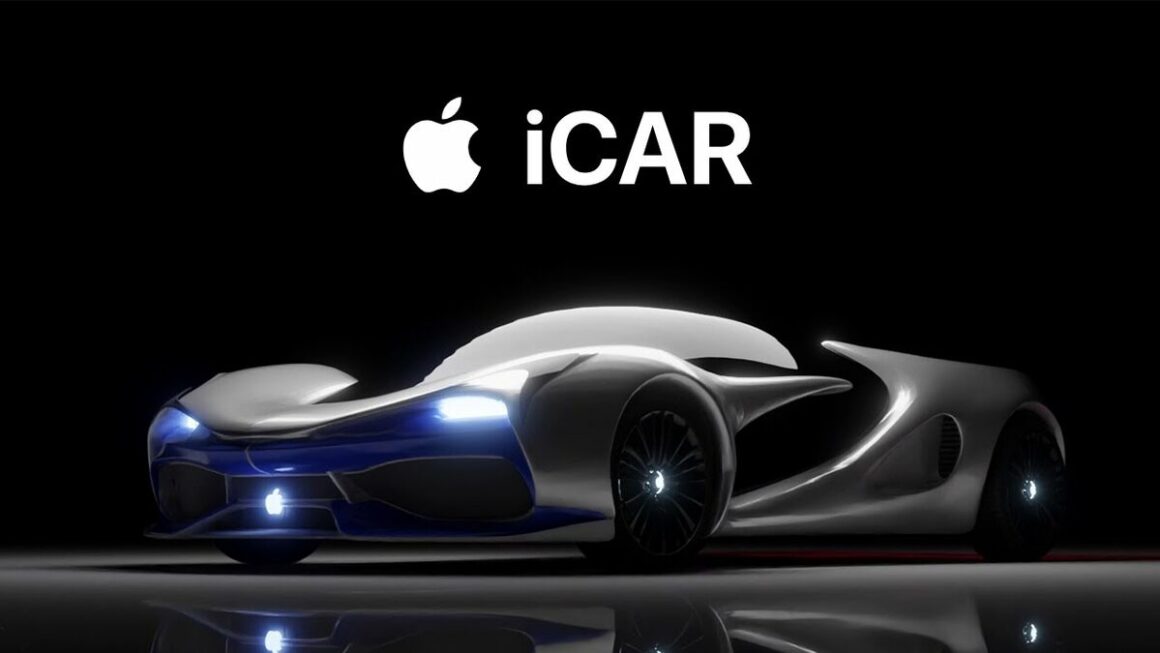Riot Games is an American video game developer, publisher, and esports tournament organizer based in Los Angeles, California. It was founded in September 2006 by Brandon Beck and Marc Merrill to develop League of Legends, which has gone on to become one of the most popular video games in the world.
Riot Games is known for its player-focused approach to game development. The company regularly releases new content and updates for its games, and it is actively engaged with its community. Riot Games is also a major player in the esports industry, hosting its own tournaments and supporting professional esports teams.
In addition to League of Legends, Riot Games has also developed and published a number of other successful games, including Valorant, Legends of Runeterra, and Teamfight Tactics. The company is also working on a number of new games, including a League of Legends MMORPG and a fighting game.
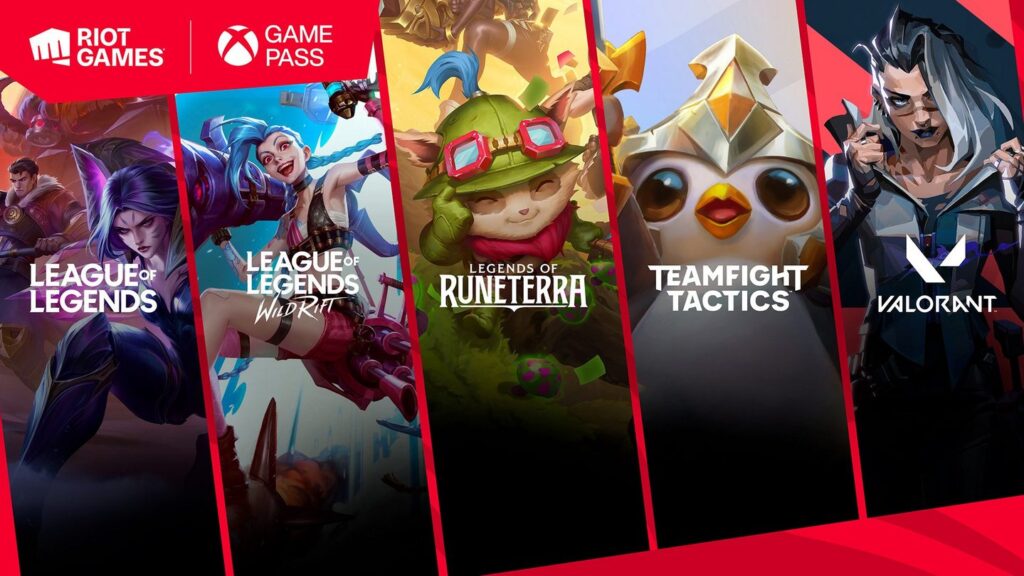
Riot Games is a rapidly growing company with over 4,500 employees worldwide. The company is committed to creating innovative and engaging games for its players, and it is a leader in the esports industry.
Here are some details about Riot Games’ approach to game development and its esports initiatives:
- Game development: Riot Games is committed to creating games that are fun, engaging, and competitive. The company uses a player-first approach to game development, regularly soliciting feedback from players and making changes to its games based on that feedback. Riot Games also releases new content and updates for its games on a regular basis, ensuring that players always have something new to experience.
- Esports: Riot Games is a major player in the esports industry. The company hosts its own tournaments, such as the League of Legends World Championship, which is one of the most popular esports events in the world. Riot Games also supports professional esports teams and provides them with resources and support to help them succeed.
Success Story of Riot Games
Riot Games, the name behind the gaming phenomenon League of Legends, has etched its name in the annals of the gaming industry as a true success story. Founded by Brandon “Ryze” Beck and Marc “Tryndamere” Merrill, Riot Games’ ascent from humble beginnings to global gaming dominance is nothing short of extraordinary. Let’s delve into the compelling success story of Riot Games, exploring its origins, milestones, and its profound impact on the gaming and esports landscape.

The Inception of Riot Games
Our story begins with two passionate gamers, Brandon Beck and Marc Merrill, who forged their friendship as roommates at the University of Southern California while pursuing their business studies. They shared a common vision—one that emphasized the longevity and continuous support of video games, a vision influenced by the success of titles like Defense of the Ancients (DotA).
Championing a Vision
Beck and Merrill believed that many game developers were frequently shifting their focus from one game to another, potentially missing out on the opportunity to create long-term, monetizable gaming experiences. They were also inspired by the approach of Asian video game designers who offered games for free, generating revenue through additional in-game perks.
The Early Days of Investment
To bring their vision to life, Beck and Merrill embarked on a journey to secure funding. They successfully raised an initial $1.5 million from family and angel investors, providing the financial foundation for their venture. Thus, in September 2006, Riot Games was born in Santa Monica, California.
A Foundation of Gaming Expertise
Riot Games took its first step toward gaming excellence by recruiting Steve “Guinsoo” Feak, a key figure in the development of DotA Allstars—a game that played a foundational role in shaping the MOBA (Multiplayer Online Battle Arena) genre. The company refined its initial creation, League of Legends, while simultaneously pitching investors a vision of a video game company deeply rooted in e-commerce.
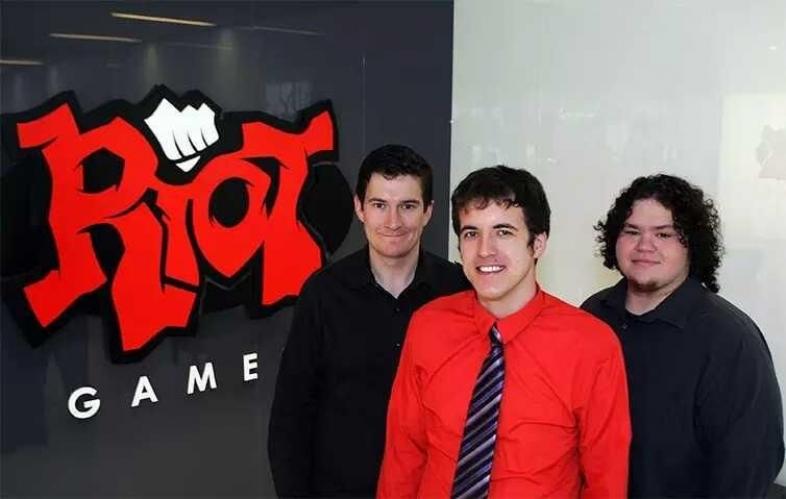
Overcoming Skepticism
However, Riot Games faced early challenges. Traditional publishers were perplexed by the game’s unconventional lack of a single-player mode and its bold free-to-play business model. Nevertheless, Riot Games persisted and secured funding totaling $8 million through multiple rounds, attracting investments from renowned venture capital firms like Benchmark and FirstMark Capital. Notably, Chinese holding company Tencent entered the scene, eventually becoming Riot Games’ distributor in China and the parent company of the studio.
The Dawn of League of Legends
After six months of rigorous beta testing, Riot Games unveiled its magnum opus, League of Legends, to the world on October 27, 2009. What set Riot Games apart was its commitment to engaging directly with players. The company actively sought feedback through online forums, allowing them to make continuous adjustments and enhancements based on player input.
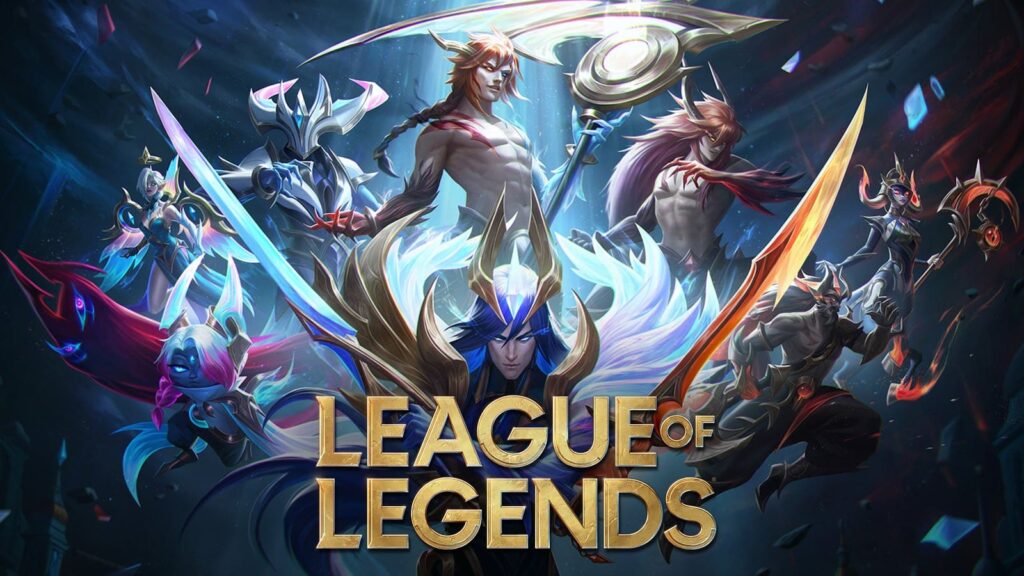
Expanding Horizons
Riot Games’ ambitions extended far beyond the launch of a single game. In May 2010, the company took over the distribution and operation of League of Legends in Europe, marking a significant expansion of its global footprint. The acquisition of Radiant Entertainment in March 2016 added more talent to Riot Games’ ranks, although it resulted in the cancellation of the Rising Thunder game.
Leadership Transition
In a pivotal moment for the company, Brandon Beck and Marc Merrill announced in October 2017 that they would shift their focus back to game development. They entrusted the daily operations of the League of Legends team to three experienced employees: Dylan Jadeja, Scott Gelb, and Nicolo Laurent, who assumed key leadership roles. Gelb became the Chief Operating Officer (COO), and Laurent became the Chief Executive Officer (CEO), while Beck and Merrill took on the roles of Riot Games’ chairmen.
Exponential Growth and Diversification
Riot Games’ exponential growth was not limited to its flagship game. In October 2019, the company unveiled a slew of new gaming projects, including League of Legends: Wild Rift for mobile and consoles, Legends of Runeterra, and several untitled projects spanning genres from tactical shooters to fighting games. Valorant, later revealed as Project A, became a major hit, entering closed beta in April 2020 and officially launching in June 2020.
Expanding the Gaming Universe
Riot Forge, Riot Games’ publishing label, opened doors for smaller game development studios to create League of Legends-themed games. Titles like Ruined King: A League of Legends Story and Convergence: A League of Legends Story were among the first fruits of this initiative. Riot Tabletop, announced in January 2020, ventured into tabletop gaming with Tellstones: King’s Gambit.
Acquisitions and Investments
Riot Games continued to expand its horizons through strategic acquisitions. In April 2020, it acquired Hypixel Studios, a move that had been preceded by significant investments. Riot Games also announced plans to establish an office in Singapore to focus on developing newer titles.
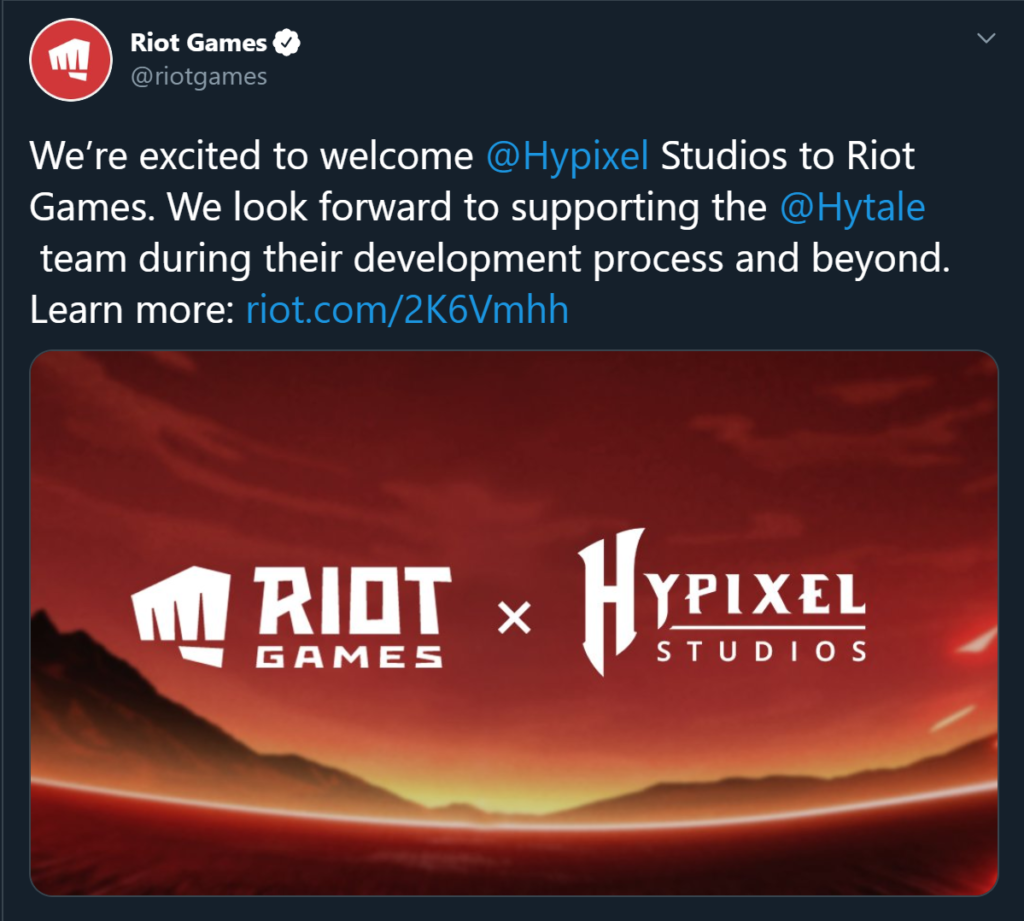
In October 2021, Riot Games acquired Kanga, a firm involved in fan hubs, merchandising, and content aggregation, further solidifying its presence in the gaming industry.
Venturing into Entertainment
Riot Games’ ambitions transcended gaming. In collaboration with French animation studio Fortiche, the company launched the animated series Arcane in November 2021. The series, distributed worldwide via Netflix, was a critical success, signaling Riot Games’ foray into the realm of entertainment.
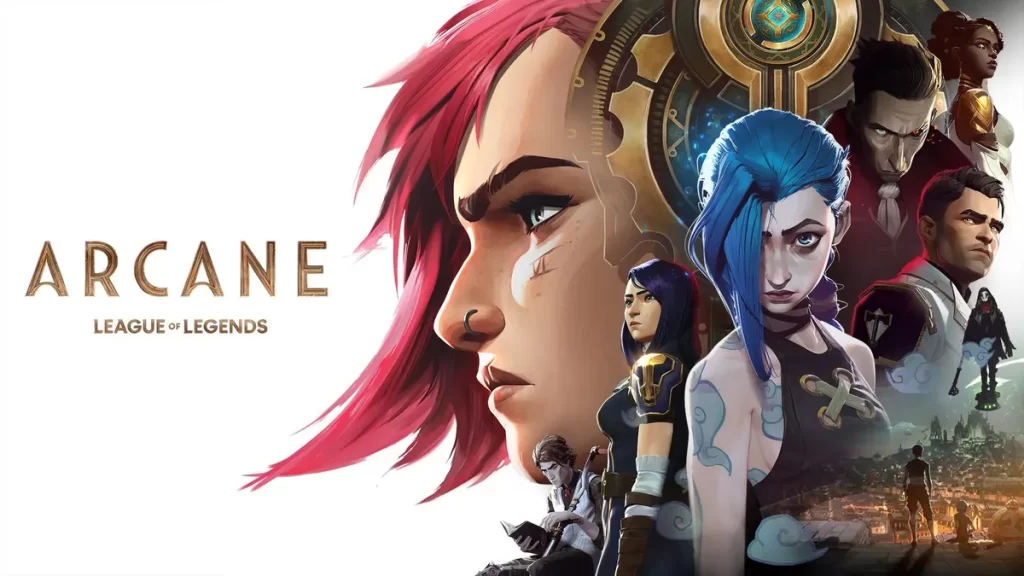
Building an All-Star Team
To bolster its presence in the entertainment industry, Riot Games recruited top talent from companies like Netflix, Paramount, and HBO Max. These executives were tasked with developing films, TV series, and music projects based on Riot Games’ rich intellectual property.
A Vision for the Future
The story of Riot Games is far from over. In October 2022, the company acquired Wargaming Sydney, renaming it Riot Sydney, and expanded its global reach.
However, the journey hasn’t been without its challenges. In January 2023, Riot Games faced a cyberattack that resulted in the theft of source code for League of Legends and other valuable assets.
As of May 2023, Dylan Jadeja has succeeded Nicolo Laurent as Riot Games’ CEO, marking yet another milestone in the company’s evolution.
A Legacy in Esports
Riot Games’ influence extends beyond gaming development. It operates esports leagues worldwide, including the prestigious League of Legends Championship Series. These leagues have transformed gaming into a professional sport, with major investments from renowned team owners and high-profile events held in iconic venues like Madison Square Garden and the Staples Center.
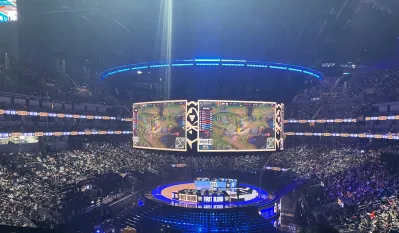
Riot Games’ commitment to esports has also led to the establishment of the Valorant Champions Tour, a global competitive tournament for Valorant.
Innovation and Adaptation
Riot Games’ journey is a testament to innovation, adaptability, and a relentless pursuit of excellence. From a single game to a diverse portfolio of projects spanning multiple genres, Riot Games has continuously pushed the boundaries of gaming and entertainment.
As Riot Games continues to shape the future of gaming and entertainment, it remains a shining example of what can be achieved through passion, vision, and an unwavering dedication to the gaming community. The company’s impact on the industry is undeniable, and its journey is far from over. Riot Games has proven that in the world of gaming and esports, there are no limits to what can be achieved with the right team and the right vision.
Success Factors of Riot Games : What makes Riot Games so successful?
The success of Riot Games can be attributed to a combination of factors that have set it apart in the gaming industry. Let’s delve into the key success factors that have propelled Riot Games to its prominent position:
Continuous Game Development and Support: Riot Games consistently updates LoL with new champions, maps, modes, and balance adjustments, ensuring players have fresh content to explore and master. Regular patch releases keep the game dynamic and engaging, encouraging existing fans to remain invested while attracting new ones. The development team actively listens to player feedback through surveys, social media channels, and professional esports events, using it to improve the gaming experience over time.
Esports Integration: Riot Games heavily supports the LoL esports ecosystem by sponsoring major tournaments, providing prize pools, and developing broadcasting infrastructure. Professional teams, players, and analysts contribute to the growth of the sport, drawing millions of viewers worldwide. As a result, LoL becomes a top-tier esport title, driving interest and participation in both casual play and competitive scenes.
Monetization Strategies: Riot Games generates revenue primarily through microtransactions, offering cosmetic skins, emotes, and other optional in-game purchases. While some gamers criticize these transactions as pay-to-win mechanisms, the majority appreciate the ability to express themselves and support their favorite champions without affecting core gameplay balance. Riot Games also offers a premium membership service called “League Pass,” granting access to additional perks such as exclusive content, enhanced stats tracking, and priority queueing.
Player Communities and Social Interaction: Riot Games cultivates a welcoming and inclusive environment where players can interact with each other and developers. The official website hosts discussion boards, social media groups, and event calendars, facilitating communication and fostering a sense oof belonging within the LoL community. Additionally, the company regularly hosts live streams, AMAs (Ask Me Anything), and meetups, allowing players to directly engage with Riot employees and influencers. This strong connection between players and developers helps build brand loyalty and encourages word-of-mouth promotion.
Marketing Campaigns and Partnerships: Riot Games leverages creative advertising strategies to reach potential players and maintain visibility among current ones. From animated short films and comics to merchandise sales and crossovers with other popular franchises, the company produces high-quality promotional materials that appeal to diverse audiences. Furthermore, Riot Games has formed alliances with industry leaders, such as Twitch, Amazon, and Tencent, expanding its global presence and amplifying its marketing efforts.
Dedicated Customer Service and User Experience Optimization: Riot Games prioritizes customer satisfaction by providing multiple support channels, frequent updates on server status and maintenance schedules, and regular surveys to gather feedback on user needs and preferences. The company continually refines its platform to enhance performance, reduce downtime, and streamline account management processes, improving overall user experience and reducing churn rates.
Adaptability and Risk Taking: Riot Games demonstrates an ability to pivot when necessary, making bold decisions to ensure long-term success. For instance, the company introduced significant gameplay changes in recent years, such as the preseason update, which addressed balance concerns and improved the overall health of the game. Similarly, Riot Games entered the mobile gaming space with LoL: Wild Rift, recognizing the growing importance of this segment and diversifying its product portfolio. Embracing calculated risks allows Riot Games to stay ahead of market trends and retain its position as a leader in the gaming industry.
In summary, Riot Games’ success can be attributed to visionary leadership, a player-centric approach, innovation, strategic investments, diversification, global reach, and a commitment to fostering a strong gaming community. These factors, combined with adaptability and a foray into the broader entertainment industry, have propelled Riot Games to its prominent position in the gaming and esports landscape.
Also Read: Tencent: From Instant Messaging to Global Gaming Dominance
To read more content like this, subscribe to our newsletter
